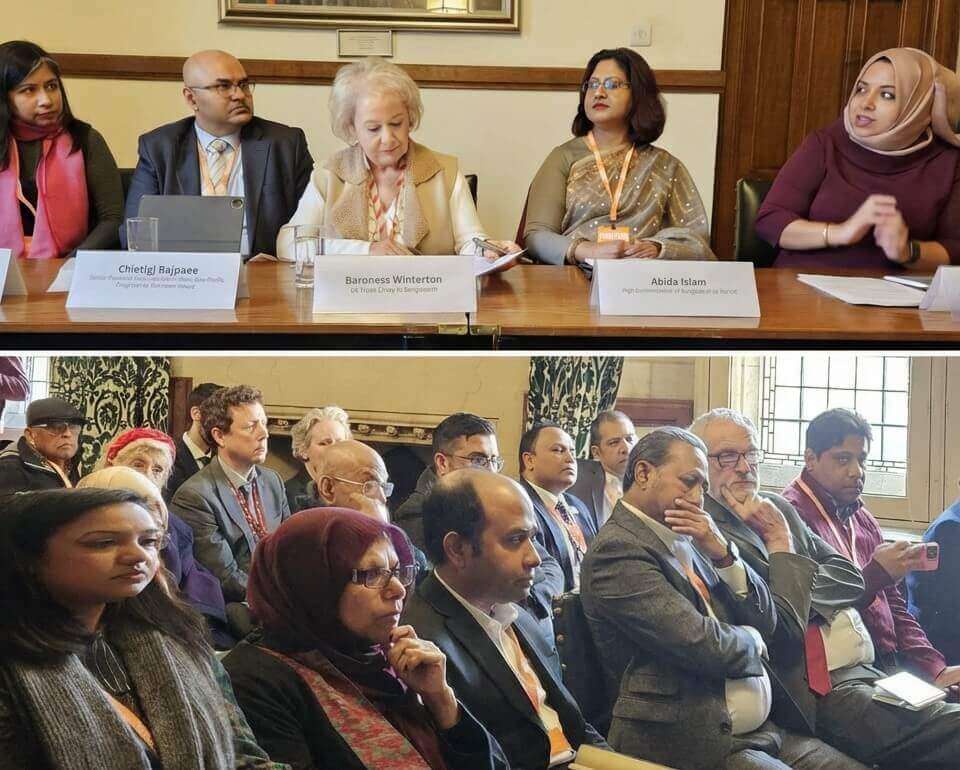Negotiations between the UK and France could soon result in a new migration deal that may significantly affect Kent.
The proposed arrangement would see illegal migrants who arrive in the UK via small boats across the Channel returned to France. In return, the UK would agree to accept legal migrants seeking to reunite with family members already in the country.
Labelled a “one-for-one” pilot program by France’s interior ministry, the plan is designed to disrupt smuggling operations and reduce risky Channel crossings.
While the specifics are still being worked out, the potential impact on Kent could be substantial, as the county often serves as the first landing point for many of these arrivals.
Though the initiative could help bring more structure to migration processes, it also raises concerns for local governments. If individuals under the scheme are settled in Kent or surrounding areas, local councils will need to ensure resources such as housing, education, and social services are prepared to accommodate them.
These talks come in the wake of significant shifts in UK migration policy. The Labour government, which came into power last year, scrapped the previous Conservative plan to deport certain asylum seekers to Rwanda—a policy the Tories claim served as a crucial deterrent.
Transport Minister Lilian Greenwood confirmed discussions with France were ongoing but declined to provide details about any potential returns deal.
In Kent—where immigration has been a key issue in both local and national politics—residents are likely to scrutinize how effective the new scheme is in addressing crossings and processing migrants. The outcome could influence public opinion ahead of future elections.
However, many questions remain unanswered: How many people would be involved in the pilot? What legal basis would support returns? And would the scheme actually discourage future crossings?
The proposed deal is unlikely to ease the burden on Kent County Council regarding the care of unaccompanied asylum-seeking children, who are automatically taken into local care upon arrival in Dover.
For now, Kent remains a focal point in the UK’s migration strategy—caught between evolving policy decisions, political debate, and the practical realities of managing migration at the border.








.svg)


